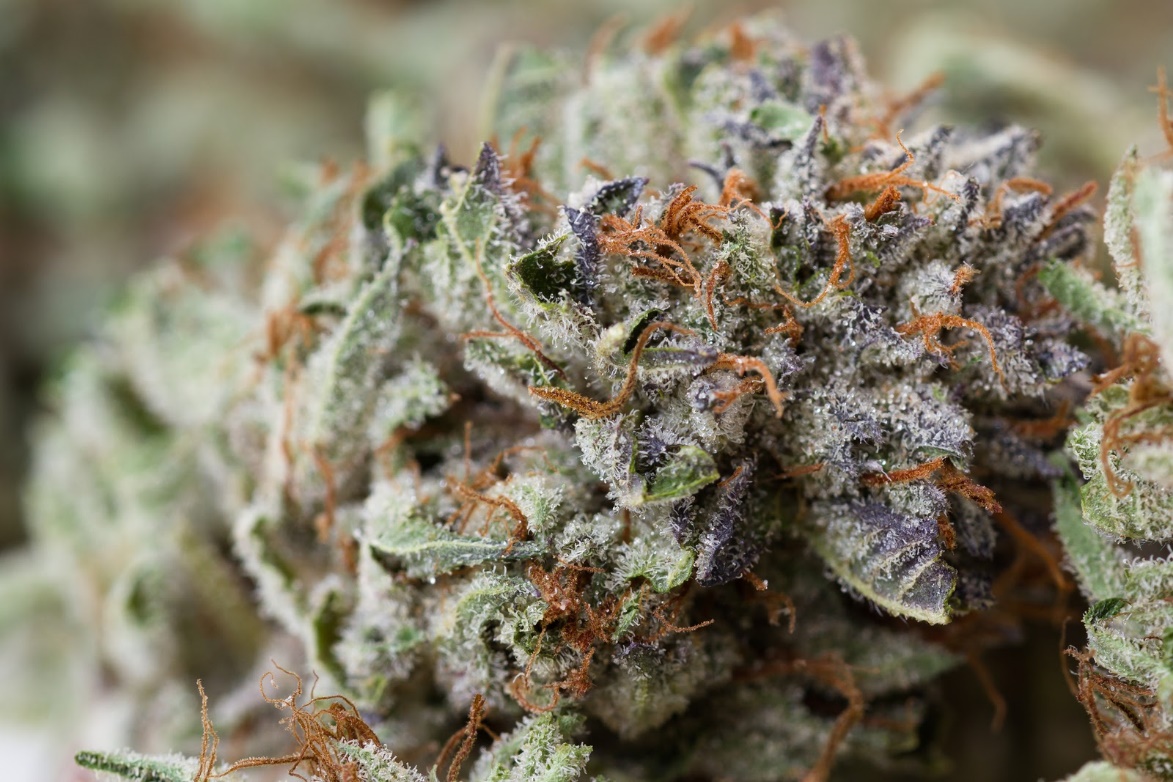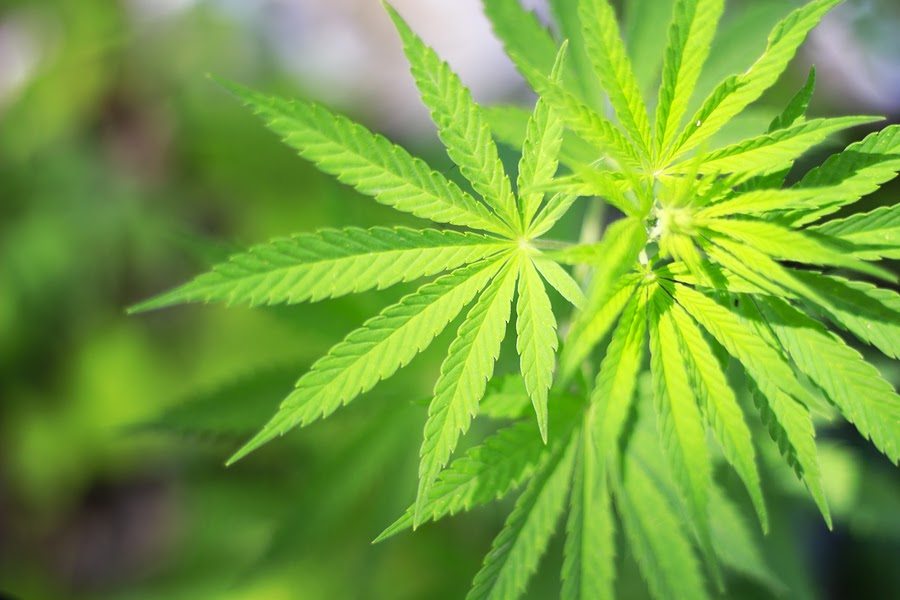You’re familiar with bartenders – but have you ever heard of “budtenders”? In short, budtenders are dispensary employees who handle virtually all interactions with patients in Massachusetts, from recommending Cannabis products to ringing up the final purchase. And while that may sound straightforward, there are several problems for patients with the entire budtender system as it currently exists. Keep reading to hear a Boston marijuana doctor explain why patients should be wary when dealing with budtenders – and what measures should be implemented to help keep patients safer.

What is a Budtender?
A Massachusetts facility that has been licensed to sell Cannabis and Cannabis products is called a Registered Marijuana Dispensary (RMD). Most people simply refer to them as “dispensaries” or “marijuana dispensaries.” As of June 2017, fewer than a dozen RMDs have been approved to dispense Cannabis to patients with medical marijuana cards in Massachusetts.
The staff members you see working behind the counter at RMDs are colloquially known as “budtenders.” Depending on where you are, you might also hear them described as “dispensary agents,” “patient liaisons,” “technicians,” or simply “dispensary team members.”
Therein lies the problem, or at least one of them: a lack of rigorous, formalized standards and requirements which apply universally to all budtenders.
What Training Are Budtenders Required to Have?
Once a Massachusetts RMD has obtained its Final Certificate of Registration from the Department of Public Health, which is the final step in a multi-stage application process, the operators are essentially to free to hire anyone they want to work as a “budtender.”
So, what’s on a budtender’s resume when he or she shows up at an RMD for a job interview? It could be almost anything. Many applicants have low-level service industry backgrounds, like former jobs as baristas or secretaries. Most have a history of using Cannabis themselves. But because there is currently no formal system by which budtenders become licensed or certified, some people hoping to land budtending jobs turn to businesses that provide dubious “training courses” and “examinations.” Such services are run by private, for-profit companies, which are not regulated by government agencies nor by any professional medical associations.
Let’s look at one New England-based business as a real-life example. This particular business runs “a fast paced, 4 hour course with a summary exam at the end to get your certificate of completion.” A student can pass the exam with a score as low as 75.
“With this training on your resume,” the website goes on to say, “you WILL stand out from the crowd!”
This is only one example of countless companies that run similar operations, using similar language. A different company, for instance, promises “the most information for the least amount of money” through “easy to follow e-books [that] can be read at your own pace and convenience.”

What’s the Difference Between a Budtender and a Pharmacist?
You can immediately see the problem with this system. Though most are passionate and well-intentioned, budtenders simply do not possess any real medical knowledge, and certainly none approaching near that of a pharmacist’s. 247 CMR 3.00, which sets forth Massachusetts’ personal registration requirements, requires all pharmacists to acquire “no less than 1,500 hours of practical experience as a pharmacy intern under the supervision of a Board-approved pharmacist preceptor, of which at least 1,000 hours must be completed in a pharmacy or pharmacy related setting.” Compare that to a four-hour course.
Next door in Connecticut, dispensaries are actually required by law to have pharmacists on the premises. Unfortunately, Massachusetts has not enacted such a law, leaving patients at the mercy of someone whose medical experience is, in most cases, limited to their personal experience and maybe whatever the budtender learned from a brief and informal Cannabis overview course. Though marijuana is less dangerous than most other medications, I have seen many cases where patients are convinced into purchasing products that are harmful to them, and are not something that I would have ever recommended to them.
There’s also another fundamental difference between budtenders and pharmacists (and with it, another problem for patients): a detrimental emphasis on profits, as opposed to medical necessity. In anticipation of Massachusetts’ transition into a recreational marijuana industry, dispensaries and budtenders are effectively creating consumers for products, rather than creating products for patients.
To be fair to dispensaries, the DEA has also played a major role in creating this imperfect system. Writing for THC University in 2016, Brandon Beaderstadt summed up the issue nicely:
“If we ever really expect medicinal [C]annabis to be treated with the same respect or attitudes as other western medicine, then I would think people would eventually want their [C]annabis medicine handled by doctors and pharmacists, like all the rest of our medicinal drugs. While this might seem like simple logic, the main problem is actually the fact that [C]annabis remains a [S]chedule 1 drug in the eyes of the federal government.”
To quote the DEA’s website directly, “Schedule I drugs, substances, or chemicals are defined as drugs with no currently accepted medical use and a high potential for abuse.” Because the DEA continues to (erroneously) maintain Cannabis in this category, there is essentially no chance of Cannabis becoming available at pharmacies, which means patients get their medicine from budtenders – not pharmacists. Put simply, Cannabis must be rescheduled in order to solve this problem in a meaningful, lasting way.

Contact a Medical Marijuana Doctor in Boston, MA
Inhale MD was established to help ensure that medical marijuana patients receive the detailed information and ongoing guidance they can’t currently get from dispensaries in Massachusetts. Its founder, Dr. Jordan Tishler, is a graduate of Harvard Medical School and practicing Emergency Physician with a background in treating addiction.
Dr. Tishler brings this background into his work and research as a Boston marijuana doctor. At Inhale MD, patients are continually monitored and re-assessed to develop a personalized care plan tailored to their needs. If patients have questions or concerns about anything they don’t understand at a dispensary, Inhale MD can provide answers and clarity – from a licensed physician’s perspective.
Medical marijuana Massachusetts qualifying conditions include cancer, Parkinson’s disease, Crohn’s disease, multiple sclerosis, hepatitis C, and other illnesses. If you have been diagnosed with these or other serious health conditions, and are interested in incorporating Cannabis to your current plan of care, contact Inhale MD at (617) 477-8886 for a confidential consultation.

